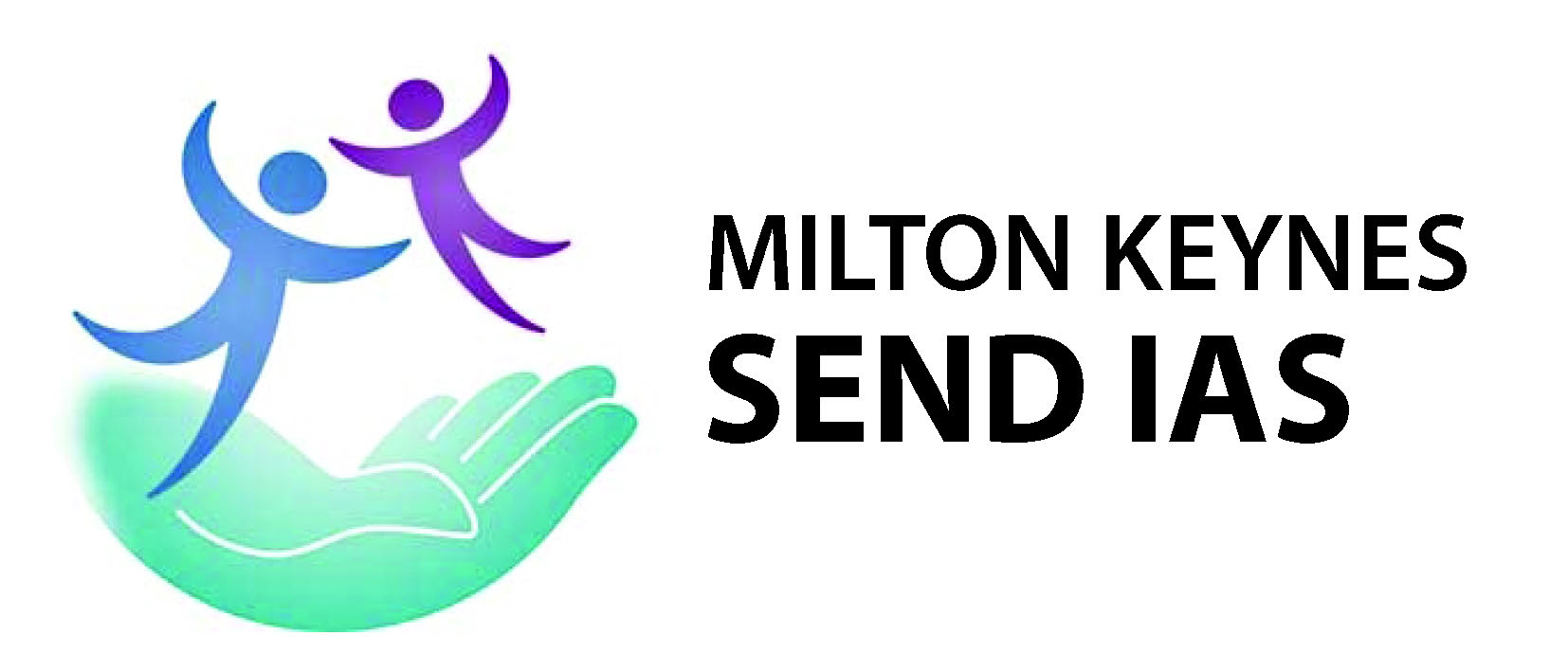Some young people who need extra help with learning have an Education, Health and Care Plan. These are also called EHC Plans or EHCP. The local authority, sometimes called ‘the council’, looks after EHC plans. EHC plans use information from your EHC Needs Assessment to say what you want to do and what help you need. Everyone has a different plan because everyone is different. All the people who support you will be able to see your plan. It should help them work together to help you. For more information, please see our EHC Needs Assessment Factsheet (PDF, 73KB) and Education, Health and Care Plan Toolkit (PDF, 66KB).
Personal Budgets: As part of the EHC Plan some young people are able to receive a personal budget. This video by KIDS explains what a personal budget is and how you can get one. For more information, please see our Personal Budget Toolkit (PDF, 69KB).
Annual Review: An EHC plan must have a formal annual review within 12 months of the final plan or the last review. The annual review is a way you can raise concerns or suggest changes in outcomes and provisions set in your EHC plan. This video explains the process. For more information please see our Annual Review Factsheet (PDF, 304KB), Annual Review Timeline (PDF, 82KB) and How to share your views for your Annual Review (PDF, 16.4MB)
